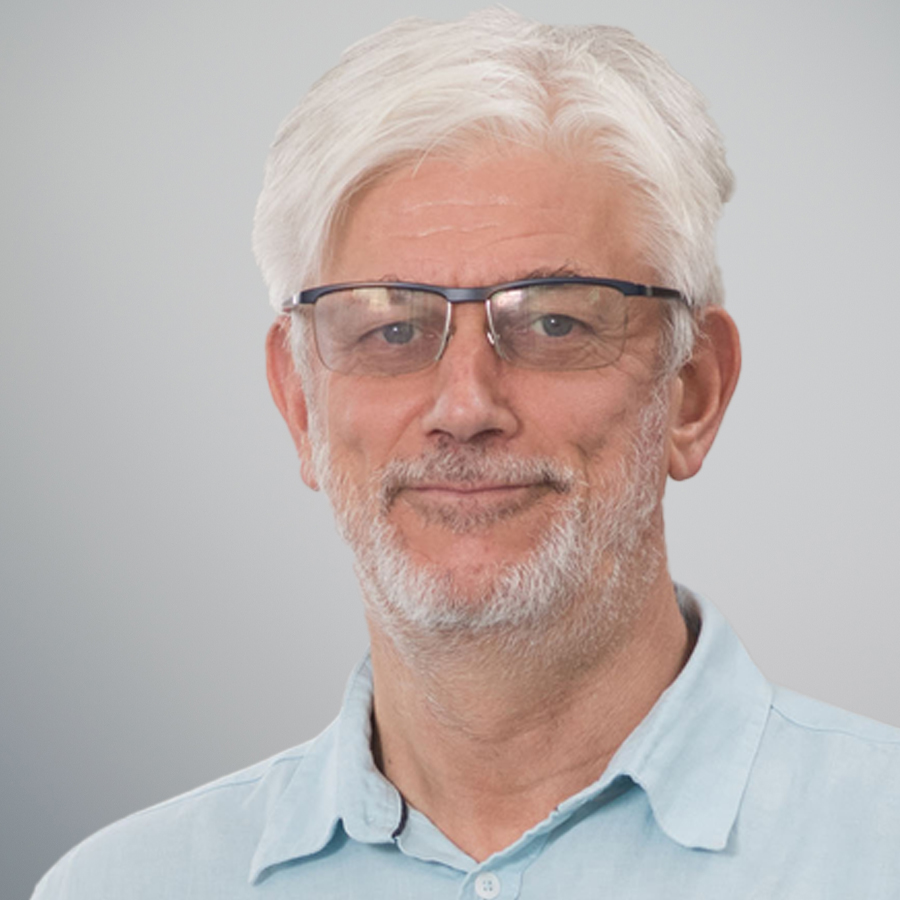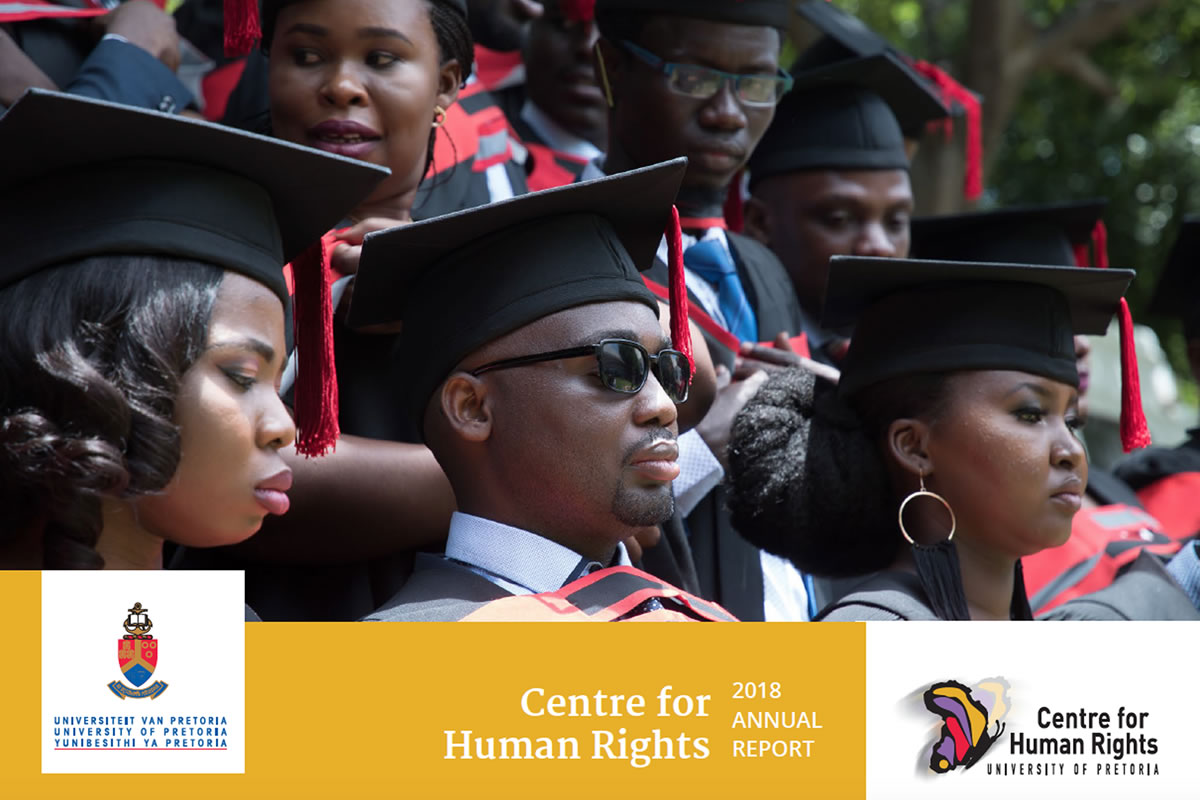In 2018, the Centre – together with the rest of South Africa and the world – celebrated a number of human rights landmarks. We marked 100 years since the birth of one of the greatest sons of our soil and one of the greatest human rights icons, Nelson Mandela. It was 70 years since the adoption – on 10 December 1948 – of the Universal Declaration of Human Rights. To commemorate those milestones, an honorary degree was awarded to former Deputy Chief Justice Dikgang Moseneke, on the occasion of International Human Rights Day, and a multimedia competition calling for creative portrayals of the Universal Declaration provisions. The tenth edition of the Nelson Mandela World Moot Court Competition also took place in 2018.
The Centre continued its manifold activities towards fostering a human rights culture in Africa, with academic programmes, research, contributing to the human rights discourse in Africa, advocacy and capacity building.
The dedication and professionalism of the Centre staff made this possible.
Academic achievements
Eight Centre-supervised doctoral students graduated in 2018. The excellence of the HRDA cohort was reflected in 8 out of 27 graduating students obtaining the degree with distinction. A new hybrid (online/on campus) Master’s programme, in Disability Rights in Africa, was launched in 2018, with the selected students undergoing an orientation week on campus. The addition of this Master’s brings the number of Master’s programmes in the Centre to five.
Publications
Centre-associated staff contributed 24 accredited journal articles, 3 books, and 21 chapters in books. Staff also made contributions to numerous other (non-accredited) publications.
Human-rights related scholarly discourse
By bringing together African scholars and activists, together with counterparts from elsewhere, the Centre contributed to the human rights-related scholarly discourse in Africa. The annual African Disability Rights Conference focused on the complexities of inclusive education; and the Kéba Mbaye Conference on African approaches to international law (with a focus on human rights) allowed Africans, diaspora scholars and others to reflect on the extent to which Africa has been and can be at the centre of international law. By hosting the African Coalition for Corporate Accountability (ACCA), and spearheading its annual conference, the Centre also stimulates thinking and increases knowledge on pertinent matters related to business and human rights on the continent.
Advancing human rights scholarship
Through its regular academic journals, edited and published from within the Centre, and the Pretoria University Law Press (PULP), based in the Centre, the Centre has been advancing human rights African scholarship. The African Human Rights Law Journal in its 18th year enjoys international recognition; the African Disability Rights Yearbook has over the six years of its existence established itself as a unique and important source on disability rights in Africa. PULP in 2018 published its 200th title, a landmark publication (What is Africanness? Contesting nativism in culture, race and sexualities, by Charles Ngwena) squarely fitting into contemporary discussions on race and identity in South Africa.
The adoption of the Protocol to the African Charter on the Rights of Older Persons and the lethargy of states towards its ratification motivated the Centre’s campaign #AgeWithRights. A number of sub-regional consultations brought together important stakeholders to discuss the need for the protection of older persons’ rights, and the utility of the Protocol. We trust this campaign, which will continue into 2019, will be the spark to fire up AU member states to take on this neglected issue. In addition to this campaign, the Centre involved itself in a number of other advocacy activities.
Capacity-building
Capacity-building remains a priority in Africa. The Centre’s programmes and Units have over the years in a number of ways contributed to building capacity in Africa. In addition to Centre graduates entering the professional environments we have supported the African Union’s human rights bodies, in particular, by placing interns/legal professionals with these institutions, and by supporting the special mechanisms of the African Commission on Women’s Rights, extractive industries, socio-economic rights, and indigenous peoples. Capacity building of state officials has taken place in particular around state reporting under the Maputo Protocol, and by state officials attending the Centre’s intensive week-long courses. We also developed tools, such as the guide to implementing Resolution 275, adopted by the African Commission in 2014, to assist states to better protect the rights of LGBT persons.
New Assistant Director
The appointment of an alumna of the Master’s in Human Rights and Democratisation in Africa, Dr Nkatha Murungi as Senior Lecturer in the Centre and Assistant Director (Projects and Programmes), was another highlight. Dr Murungi, who started on 1 September 2018, brings with her an exceptional combination of academic excellence and experience in activism, advocacy and management.
In conclusion, I would like to extend a warm word of thanks to all the funding partners and other collaborating partners and supporters, with whom we had the privilege of working together in 2018.

Professor of International Human Rights Law
Tel: +27 (0) 12 420 3228
frans.viljoen@up.ac.za


